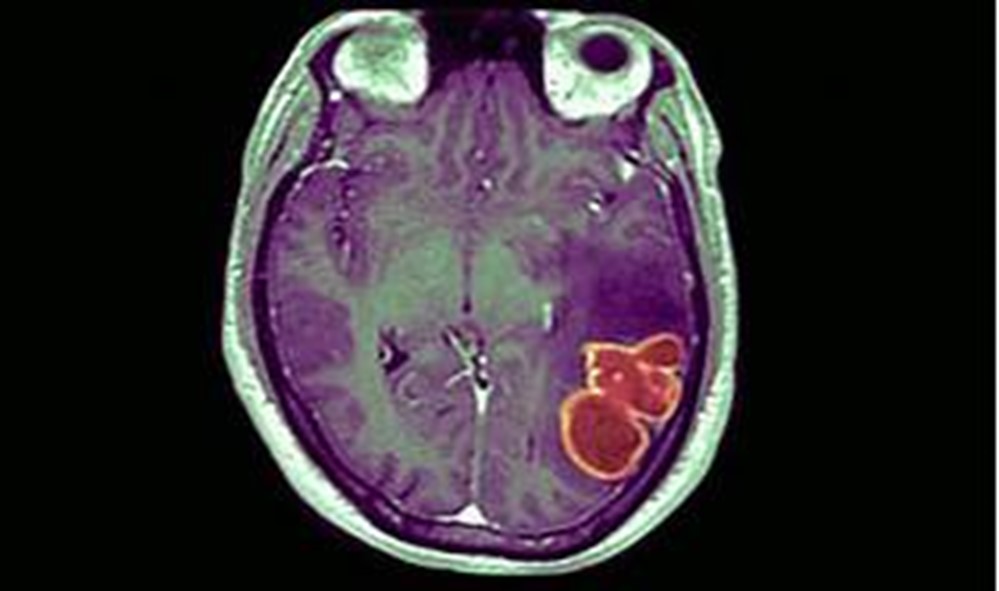A nurse is caring for a patient who reports pain in his left leg that he rates as an 8 on a scale from 0 to 10 and states that he feels tingling and numbness in his toes.
The patient has an order for morphine sulfate 2 mg IV bolus PRN every two hours for pain greater than 7, last administered three hours ago, and ibuprofen 400 mg PO PRN every four hours for pain less than or equal to 7, last administered six hours ago.
What action should the nurse take first?
Administer morphine sulfate 2 mg IV bolus.
Administer ibuprofen 400 mg PO.
Assess the patient’s leg for circulation, sensation, and movement.
Reassess the patient’s pain in 15 minutes.
The Correct Answer is C
The correct answer is choice C. Assess the patient’s leg for circulation, sensation, and movement.
This is because the patient’s symptoms of pain, tingling, and numbness in his left leg could indicate a potential complication of impaired blood flow or nerve damage after surgery. The nurse should prioritize assessing the patient’s leg for any signs of compromised circulation, sensation, or movement before administering any pain medication.
Choice A is wrong because administering morphine sulfate 2 mg IV bolus without assessing the patient’s leg could mask the symptoms of a serious problem and delay appropriate interventions. Morphine sulfate is a potent opioid analgesic that can cause respiratory depression, sedation, and constipation.
Choice B is wrong because administering ibuprofen 400 mg PO without assessing the patient’s leg could also mask the symptoms of a serious problem and delay appropriate interventions. Ibuprofen is a nonsteroidal anti-inflammatory drug (NSAID) that can cause gastrointestinal bleeding, renal impairment, and increased risk of cardiovascular events.
Choice D is wrong because reassessing the patient’s pain in 15 minutes without assessing the patient’s leg could result in the worsening of the patient’s condition and increased risk of complications. The nurse should not delay assessing the patient’s leg for any signs of impaired circulation, sensation, or movement.
Nursing Test Bank
Naxlex Comprehensive Predictor Exams
Related Questions
Correct Answer is C
Explanation
The correct answer is choice C.The client should take this medicationregularlyas prescribed to maintain a steady level of analgesia and prevent breakthrough pain.
Taking the medication only when the pain is severe can lead to inadequate pain relief and increased side effects.
Choice A is wrong because drinking plenty of fluids and eating high-fiber foods can help prevent constipation, which is a common adverse effect of opioids.
Choice B is wrong because avoiding driving or operating heavy machinery is a safety precaution for clients taking opioids, as they can cause drowsiness and impaired judgment.
Choice D is wrong because reporting any signs of allergic reaction is an important instruction for clients taking any medication, especially opioids, which can cause severe hypersensitivity reactions.
Correct Answer is ["A","B","C","E"]
Explanation

The correct answer is choice A, B, C, and E. The nurse should use the following strategies to assess this client’s pain:
• Ask yes or no questions: This can help the client to communicate their pain level and location with minimal language difficulty.
• Use a visual analog scale (VAS): This is a self-report pain scale that uses a line with endpoints labeled as “no pain” and “worst pain imaginable”.The client can point to a position on the line that corresponds to their pain intensity.VAS has been shown to be feasible, valid, and reliable for stroke patients with mild-to-moderate aphasia.
• Observe for nonverbal cues: This can include facial expressions, body movements, vocalizations, and changes in vital signs that may indicate pain.Nonverbal cues are especially important for clients with severe aphasia who cannot use self-report scales.
• Involve family members or caregivers: They can provide information about the client’s pain history, preferences, and behaviors that may indicate pain.They can also help the nurse to communicate with the client and interpret their responses.
Choice D is wrong because open-ended questions require more complex language skills and may frustrate the client with aphasia.The nurse should use simple and direct questions that can be answered with yes or no, gestures, or pointing.
Whether you are a student looking to ace your exams or a practicing nurse seeking to enhance your expertise , our nursing education contents will empower you with the confidence and competence to make a difference in the lives of patients and become a respected leader in the healthcare field.
Visit Naxlex, invest in your future and unlock endless possibilities with our unparalleled nursing education contents today
Report Wrong Answer on the Current Question
Do you disagree with the answer? If yes, what is your expected answer? Explain.
Kindly be descriptive with the issue you are facing.
